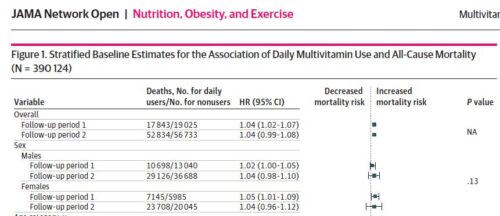Industry-funded study of the week: Propolis and Mangosteen Extract
Jung J-S, Choi G-H, Lee H, Ko Y, Ji S. The Clinical Effect of a Propolis and Mangosteen Extract Complex in Subjects with Gingivitis: A Randomized, Double-Blind, and Placebo-Controlled Clinical Trial. Nutrients 2024, 16(17), 3000; https://doi.org/10.3390/nu16173000
Results: The results revealed that the PMEC group showed a significantly reduced expression of all measured GCF biomarkers compared to the placebo group (p < 0.0001) at 8 weeks, including substantial reductions in IL-1β, PGE2, MMP-8, and MMP-9 levels compared to the baseline. While clinical parameters trended towards improvement in both groups, the intergroup differences were not statistically significant.
Conclusion: These findings suggest that PMEC consumption can attenuate gingival inflammation and mitigate periodontal tissue destruction by modulating key inflammatory mediators in gingival tissue.
Funding: This research was funded by Medibio Lab Co., Ltd.
Conflicts of interest: The authors declare no conflicts of interest. The authors declare that this study received funding from Lab Co., Ltd. The funders had no role in the design of this study; in the collection, analyses, or interpretation of data; in the writing of this manuscript; or in the decision to publish the results.
Comment: This is a typical industry-funded study in which the authors put a positive interpretation of what appear to be null findings. I can’t quite tell what this sponsoring company is. One possibility is MediBioKorea. Another is Medibios. Both make supplements.


